During a court hearing on December 20, state prosecutors dropped all charges against the 26 students and two faculty members arrested during a sit-in of Rosenwald Hall on November 9 organized by UChicago United for Palestine (UCUP). The University charged protestors with “criminal trespass to real property,” typically a Class B misdemeanor in Illinois, which can carry a punishment of up to six months in jail and a $1,500 fine.
The arrested protestors still face a lengthy legal process to have their records expunged and a litany of University disciplinary charges despite the charges being dropped. According to Youssef Hasweh, a fourth-year Palestinian student who was among the arrested and charged, the University required arrested protestors to attend disciplinary hearings during finals week.
Cook County State’s Attorney’s Office declined to pursue the charges, which were originally brought by the University of Chicago and escalated to the state level. The arrest of students and faculty was a significant break with University precedent. Students were not arrested and were allowed to leave after occupying UCPD’s headquarters overnight during a sit-in connected to the Black Lives Matter protests in 2020.
“When we had gotten there, we were all under the assumption that [the charges were] going to be dropped,” Hasweh said. “Our attorney had talked to the state, and they said they were not prosecuting protest charges.”
The students and faculty were represented pro bono by lawyers from National Lawyers Guild Chicago, which has coordinated legal support for many pro-Palestine demonstrators across Cook County facing charges.
Hasweh said UCUP at UChicago was one of the few student coalitions across the country that had seen its University escalate charges to the state level rather than use internal measures. On the same day UCUP’s court hearing was held, Brown University pressed charges against 41 anti-Israel protestors who held a similar sit-in. Protestors at the University of Massachusetts Amherst and the University of Michigan Ann Arbor were also arrested and charged after sit-ins. Protestors at other universities, including Harvard, Columbia and the Massachusetts Institute of Technology, only faced university discipline.
“We’ve seen suspensions, like at Columbia, of their student groups, but we haven’t seen them escalate to a state level and try to prosecute their own students. That’s so fucking insane,” Hasweh said. Columbia University suspended its student groups Student for Justice in Palestine (SJP) and Jewish Voices for Peace on November 11 for unauthorized protest.
The Maroon also spoke to another student member of UCUP who was arrested at the sit-in and who spoke on the condition of anonymity.
“The administration tried to intimidate us; they tried to silence us. But we are not going to be silenced,” the student said.
The student said the experience of being arrested only strengthened their resolve to continue taking action to support Palestine.
“The moment when the police sergeant came in and said, ‘We’re going to arrest you if you don’t leave,’ I just felt this clarity and the sense that I have to stay here. This is what I have to do,” the student said. “What’s happening in Palestine is just so horrific, and I feel it is my duty to do whatever is in my power to bring attention to that and hopefully to bring a stop to it.”
After the charges were dropped, UCUP held a GoFundMe fundraiser to gather the court fees necessary to expunge the charges from the protestors’ records. The fundraiser’s total goal of $4,200 was surpassed within 24 hours, after which UCUP began redirecting donors to other organizations, including Chicago Community Bond Fund, Care for Gaza, and the Palestine Children’s Relief Fund.
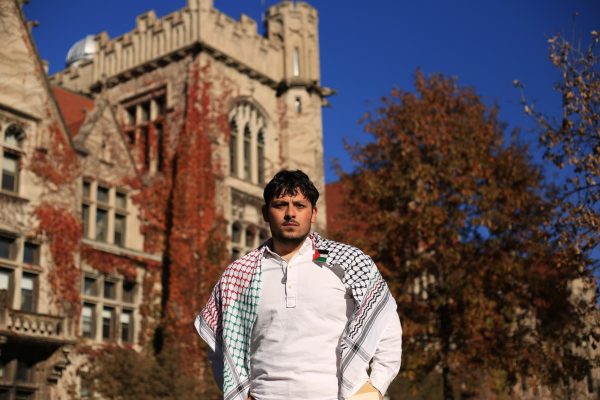
Hasweh said he felt the sit-in and its aftermath, including the fundraiser, brought out a wave of support for UCUP and the pro-Palestine cause while making the protestors a tighter-knit group. “The amount of people that rally behind us only makes me want to do this more. It was so euphoric,” he said. “I feel like being arrested, and knowing that the University is willing to arrest, actually has allowed us to be more public and more transparent with a lot of our supporters. We’ve garnered more support for our actions.”
Per Hasweh, protestors have to return to court to have their fingerprints taken and to ask the judge to expunge their records.
UCUP plans to resume its advocacy efforts during the upcoming winter quarter by continuing to demand a public meeting with President Alivisatos, transparency in the University’s investments, and the University’s divestment from arms manufacturers and Israeli companies. A 2020 article by The Maroon found that University investments had exposure to weapons manufacturers such as Boeing, Lockheed Martin, General Dynamics, and Raytheon through exchange traded funds and investment vehicles overseen by third-party managers, but no evidence has been found of the University directly investing in weapons manufacturers.
“We will continue to stand in solidarity with the Palestinian people as we did before, and as we will do until the Palestinian people are free and until Palestine is free,” the anonymous student said.
However, students who engaged in the sit-in have been vocal about the toll the experience has taken on them. Hasweh said the arrest and charges, as well as the timing of the University and state court hearings, made him feel that the University was being antagonistic towards him and other protestors. Hasweh also said he lost his former job at the University’s admissions office after the sit-in.
“[The University] chose to fire me and have me arrested and shut me down as I’m Palestinian, as I need to worry about the lives of my family in Palestine. And now I have to worry about my degree. I think it’s such bullshit,” Hasweh said. “It’s just a nightmare that they don’t want to end. I really don’t know if I’m going to make it to graduation. I don’t know if that is in [UChicago’s] plan.”



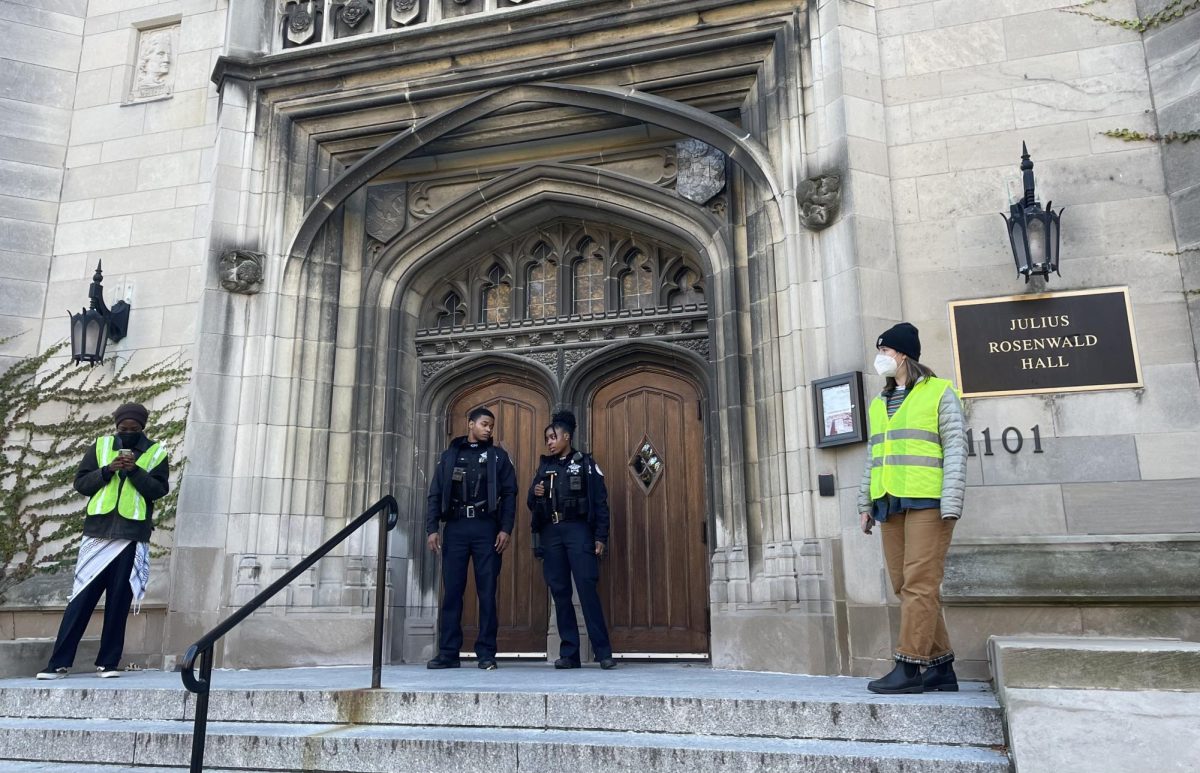

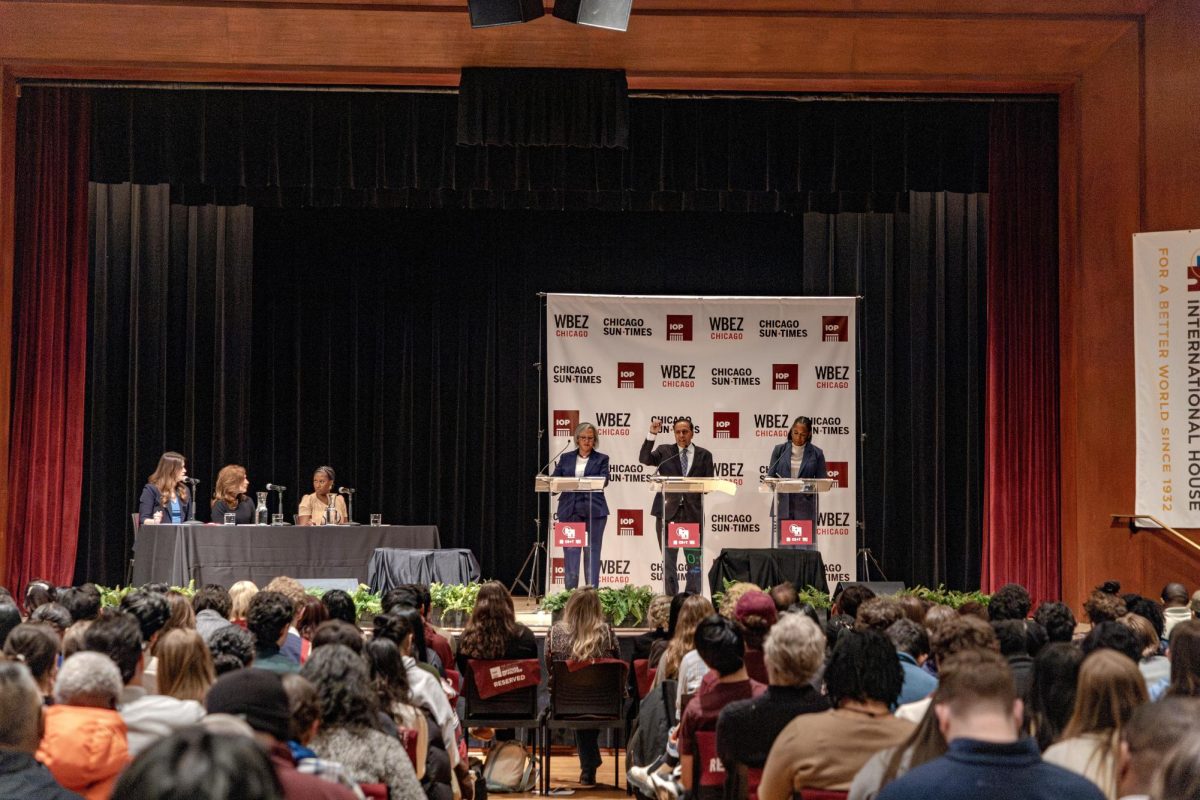



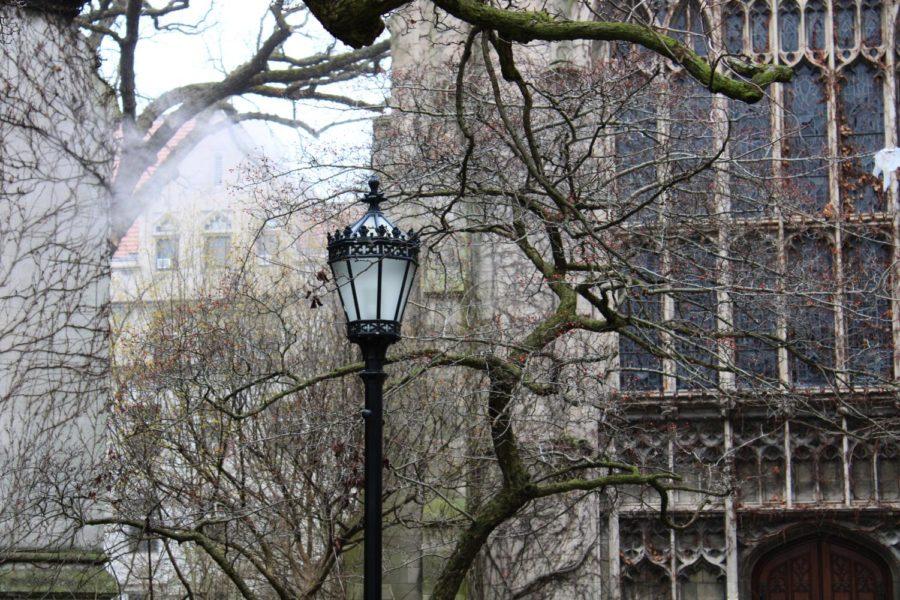



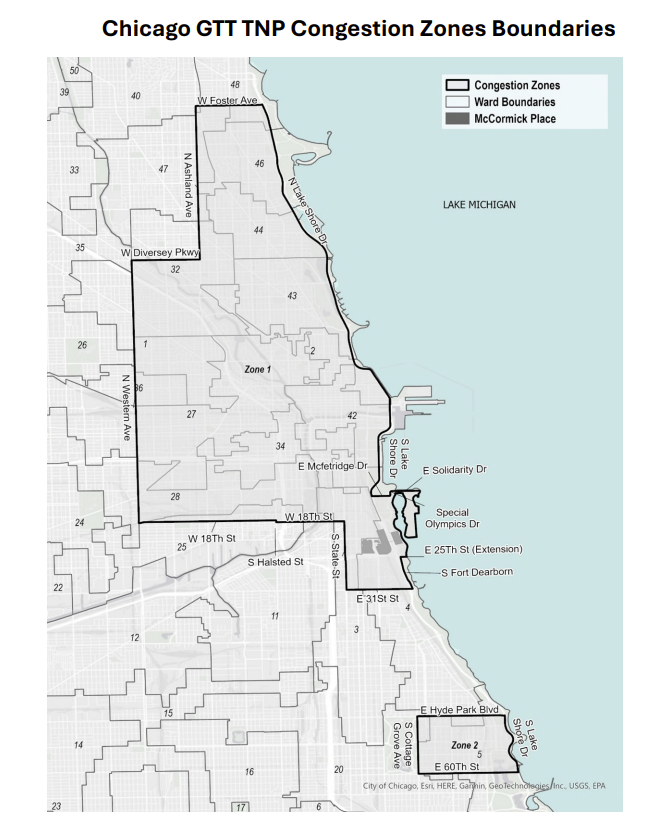

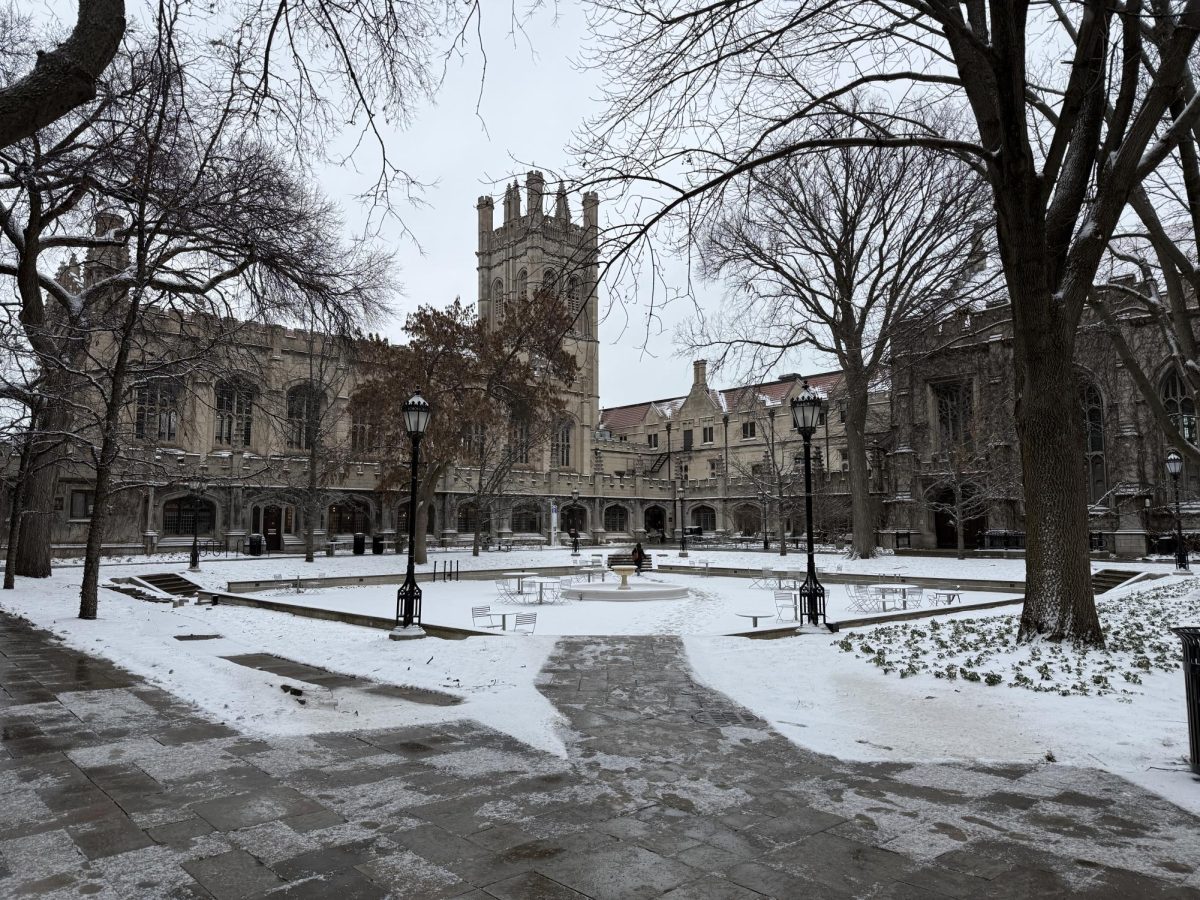
James Wallace / Jan 2, 2024 at 6:35 pm
Edward Levi would have expelled these students and fired the professors. How do you like that for a University precedent? Not because he disliked Palestinians, not because he agreed or disagreed with their views or cause, but because a University must have codes of conduct and limits on disruptive behavior. Protestors who think they have the right to disrupt the operation of the University through the forceful occupation of University property should expect to be expelled from the community. Protests, regardless of cause, need to respect the rights of others. Failure to follow that simple rule invites chaos where the power to express views is determined by the exercise of power and not ideas. The University must respond with strong measures not to enforce a viewpoint but to ensure that all can exercise their right to argue ideas.
Lorem Ipsum / Dec 27, 2023 at 10:59 am
What a load of tosh. This is not silencing nor is it intimidation, and it is consistent with the university’s policy.
Violently capturing a building, disrupting university activity, shouting others down and refusing to leave is not peaceful protest, and is not protected by the first amendment or the Kalven report. It is truly sickening that the charges were dropped. Away with these goons.
do not arrest student protestors / Jan 9, 2024 at 6:55 pm
there was no “violent capture”, this is weird and made up